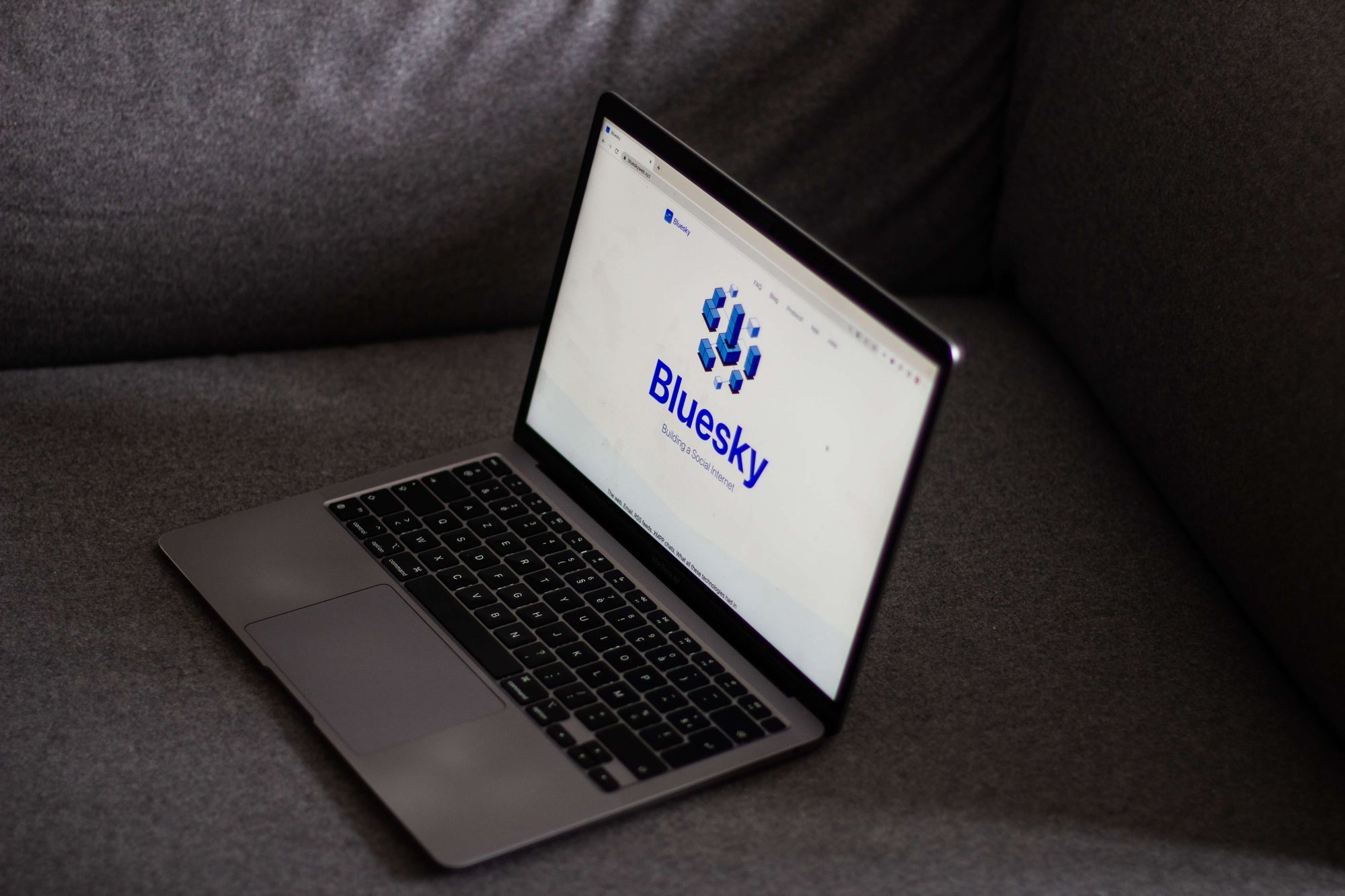Since Elon Musk took over Twitter, or X as it’s now called, a number of new social media apps have either come into the limelight or been developed to capture the users that have been leaving. Although the flood of users leaving has slowed to a trickle with several new initiatives from the platform, several Twitter alternatives have been developed.
Among them is Bluesky, which is a decentralized social network built on an open-source protocol (I’ll explain what this means even though I barely understand it myself). It’s one of the most popular alternatives and hit 1 million users in September 2023.
What is Bluesky?
Bluesky is a decentralized social network created by Jack Dorsey, the former Twitter CEO who started it while still in the role. Its decentralized nature comes from the AT Protocol, developed by the Bluesky team, and provides transparency into how the app was built and works. Early and frequent users include author Neil Gaiman and US politician Alexandria Ocasio-Cortez.
Users select a username to use Bluesky, shown as “@username.bsky.social” (I snagged @tami.bsky.social). You can also turn a domain name into your username, a feature “ allowing users to self-verify and own their username across the network,” according to the platform.
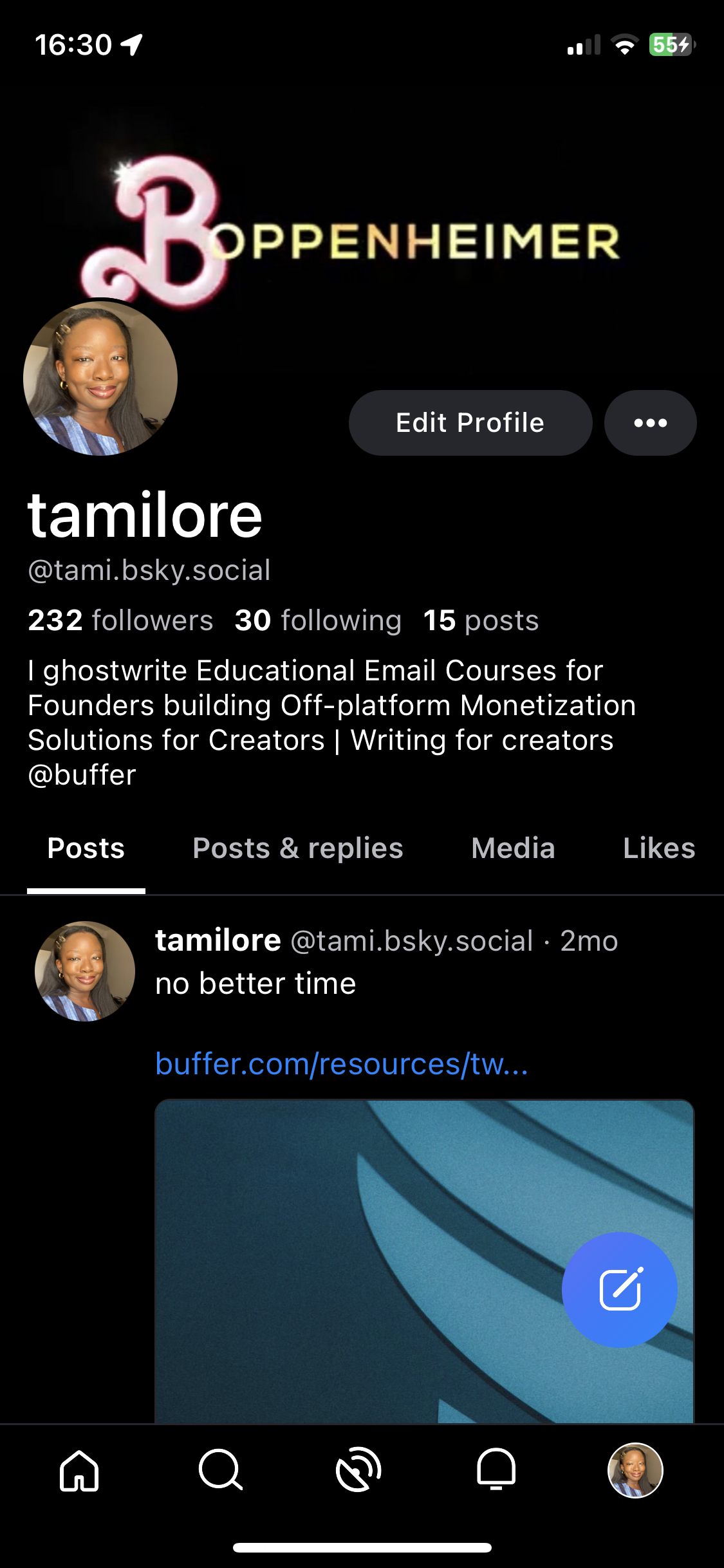
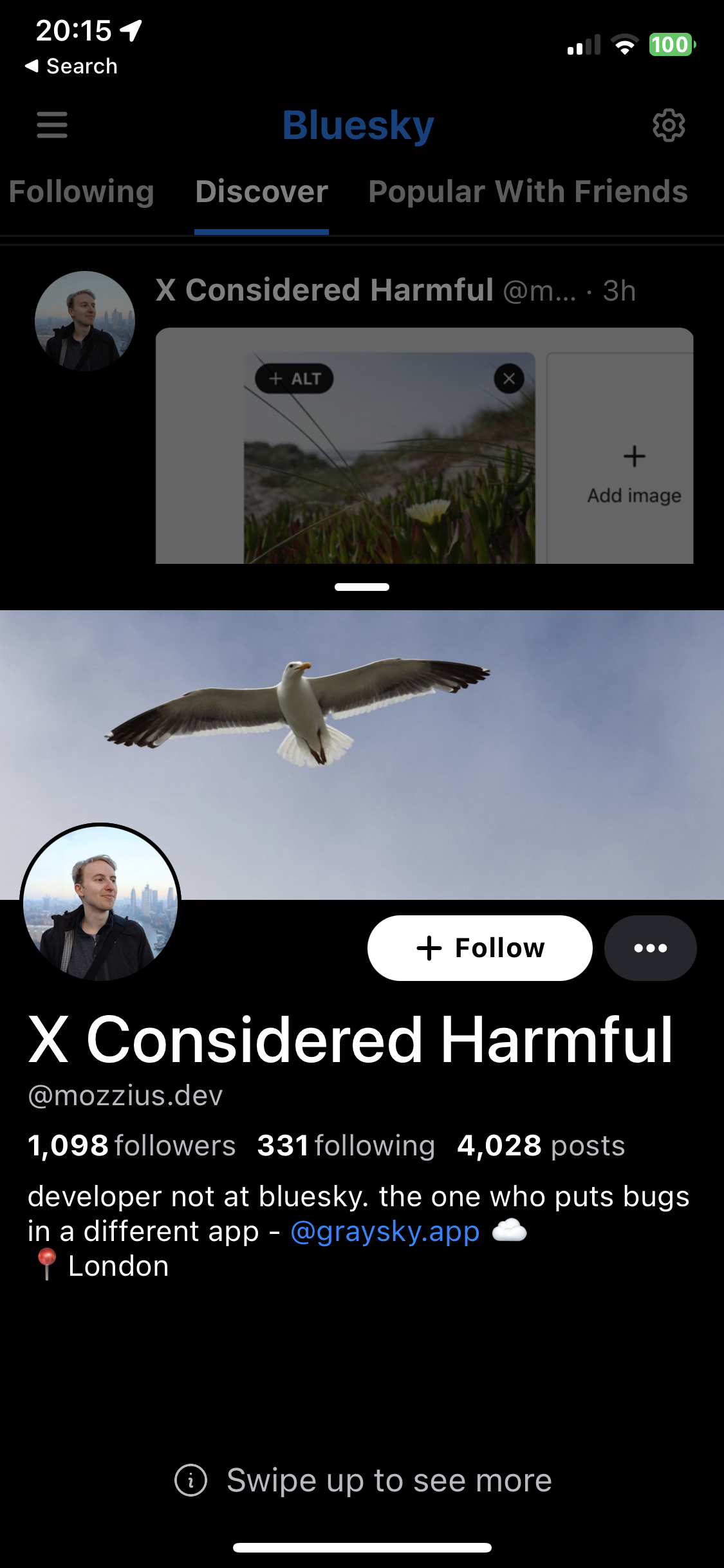
Bluesky is very much like Twitter – you can click a Post symbol to write and share 300 characters and include photos. Users can reply, repost, and like posts. You can also indicate the language of your post and highlight if any of your attached images are adult-only.
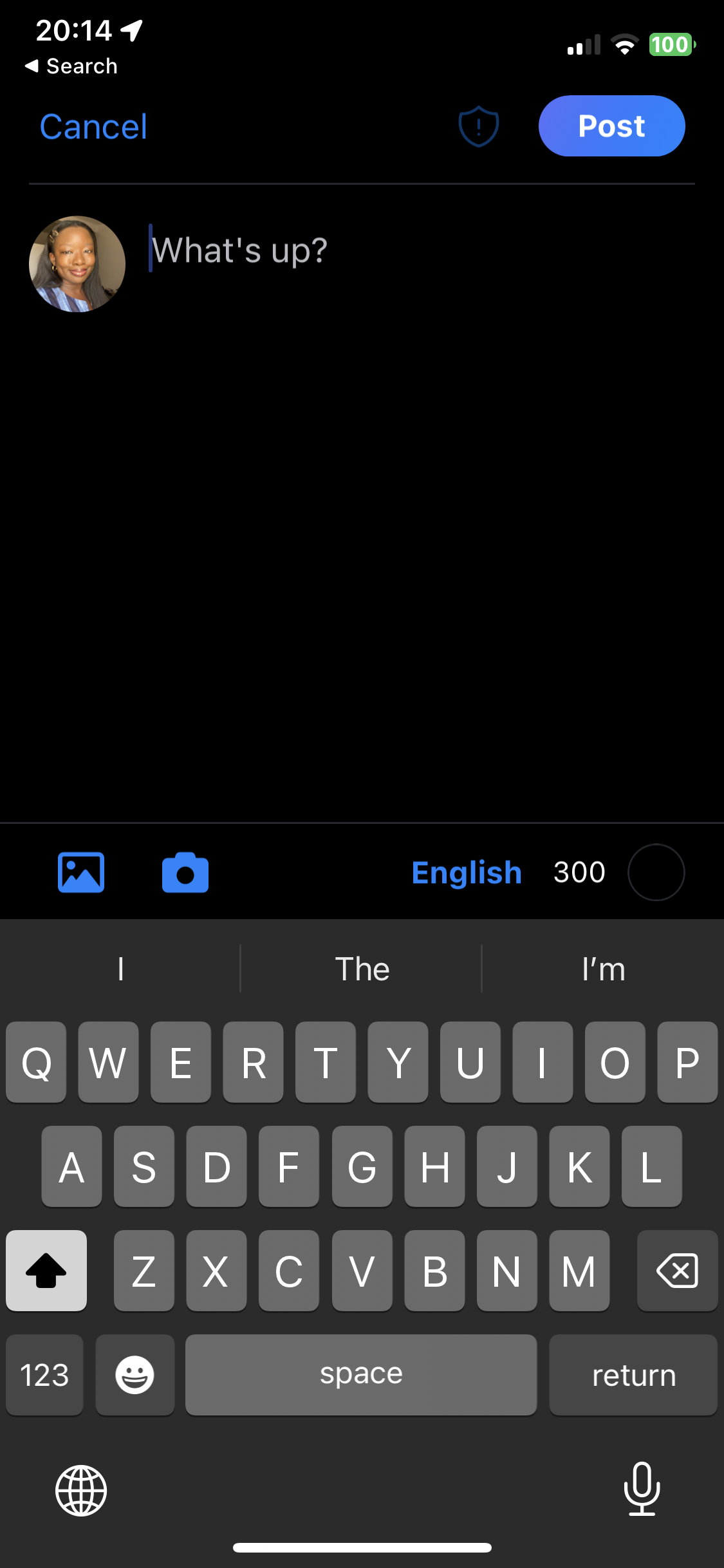
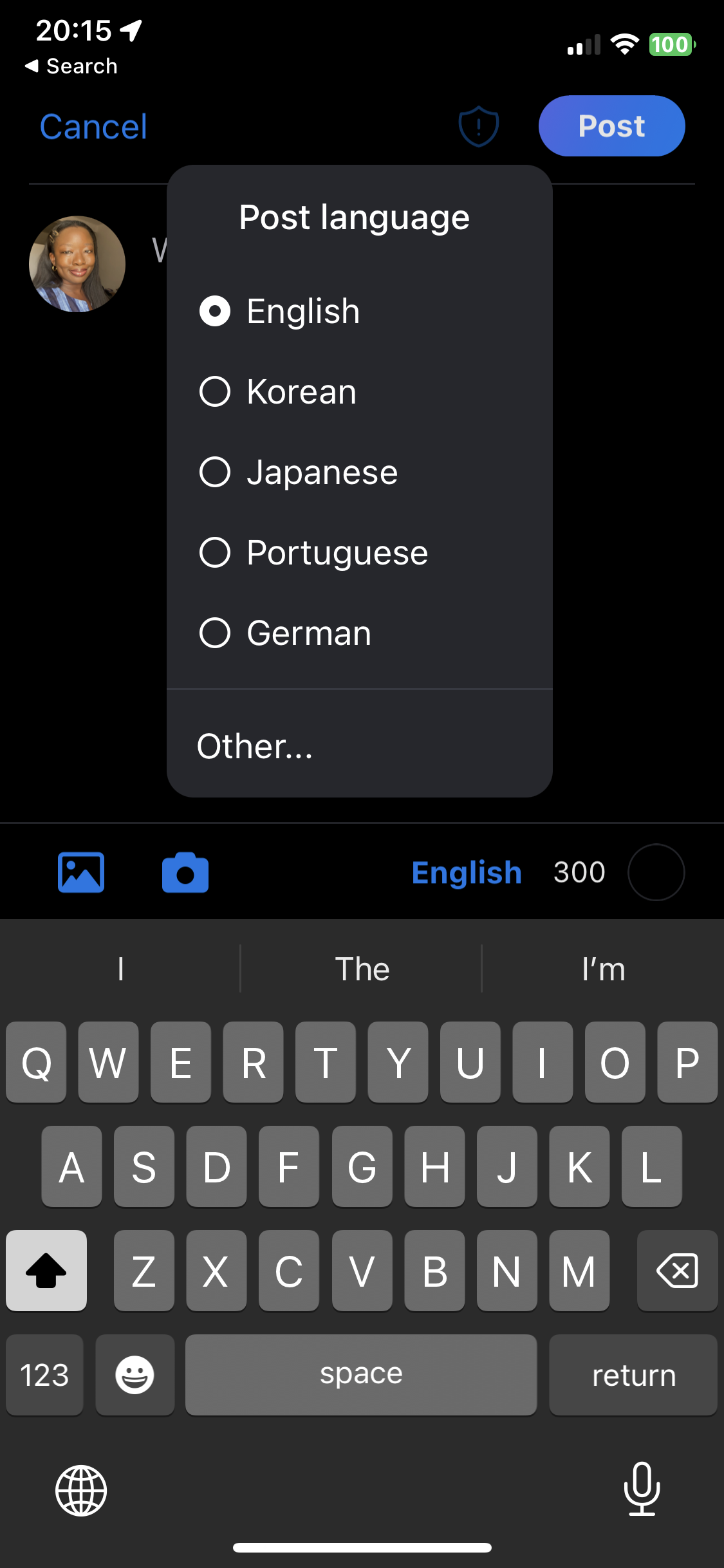
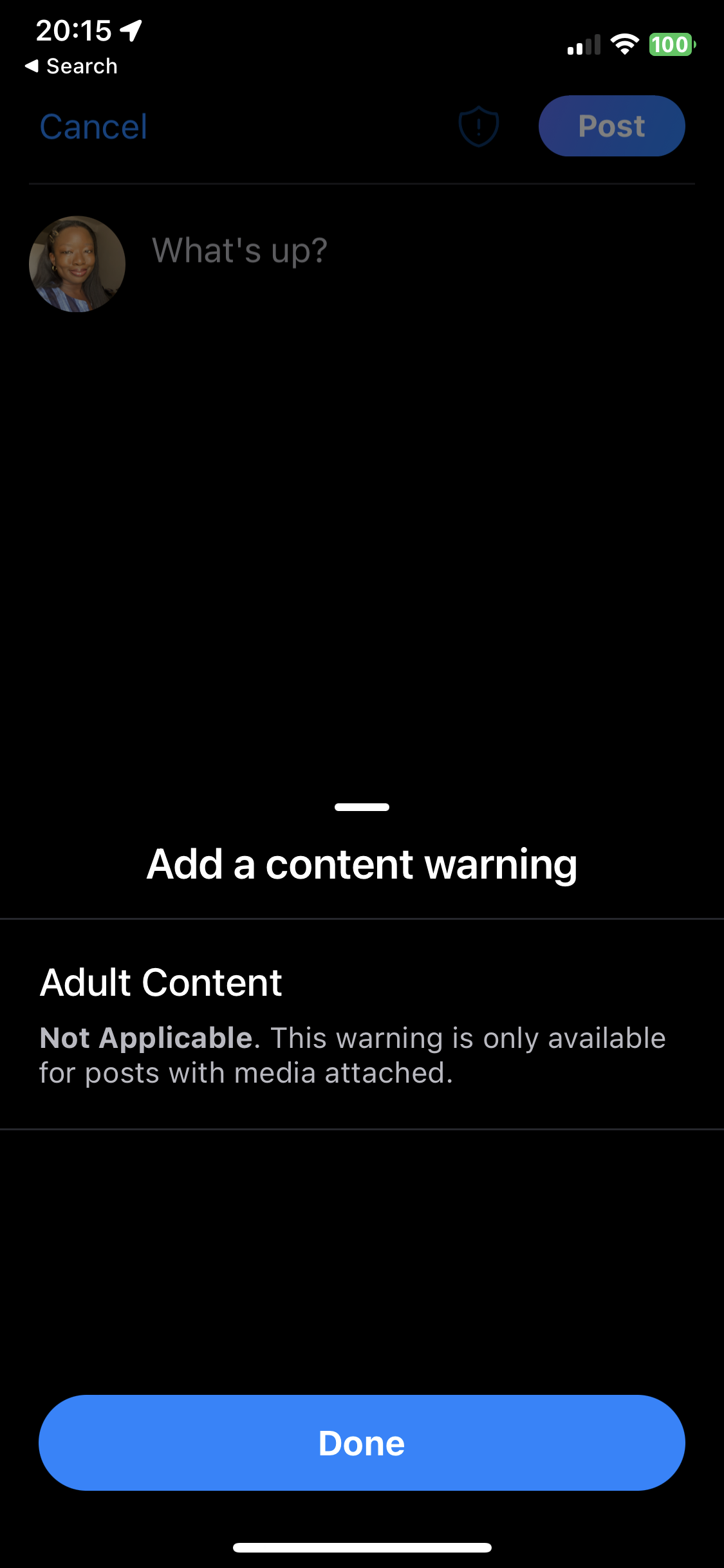
Users get three feeds upon joining – Following, Discover, and Popular With Friends, but you can also modify your feeds to see specific types of content.
Bluesky is currently only available to desktop and iPhone users, with Android access in the works.
I’ve now been using Bluesky for 6 months and have had sufficient time to really experience the platform as it’s added new features and gone through ups and downs. Here’s my observation of “the good, the bad, and the ugly” of Bluesky.
The good
Bluesky offers an extensive list of features and benefits that its users (me included) flock to it for. Here are some of them.
- User control over timelines and content moderation: Bluesky emphasizes user autonomy, allowing you to dictate your feed and how content is moderated. This ensures a more tailored and empowering user experience.
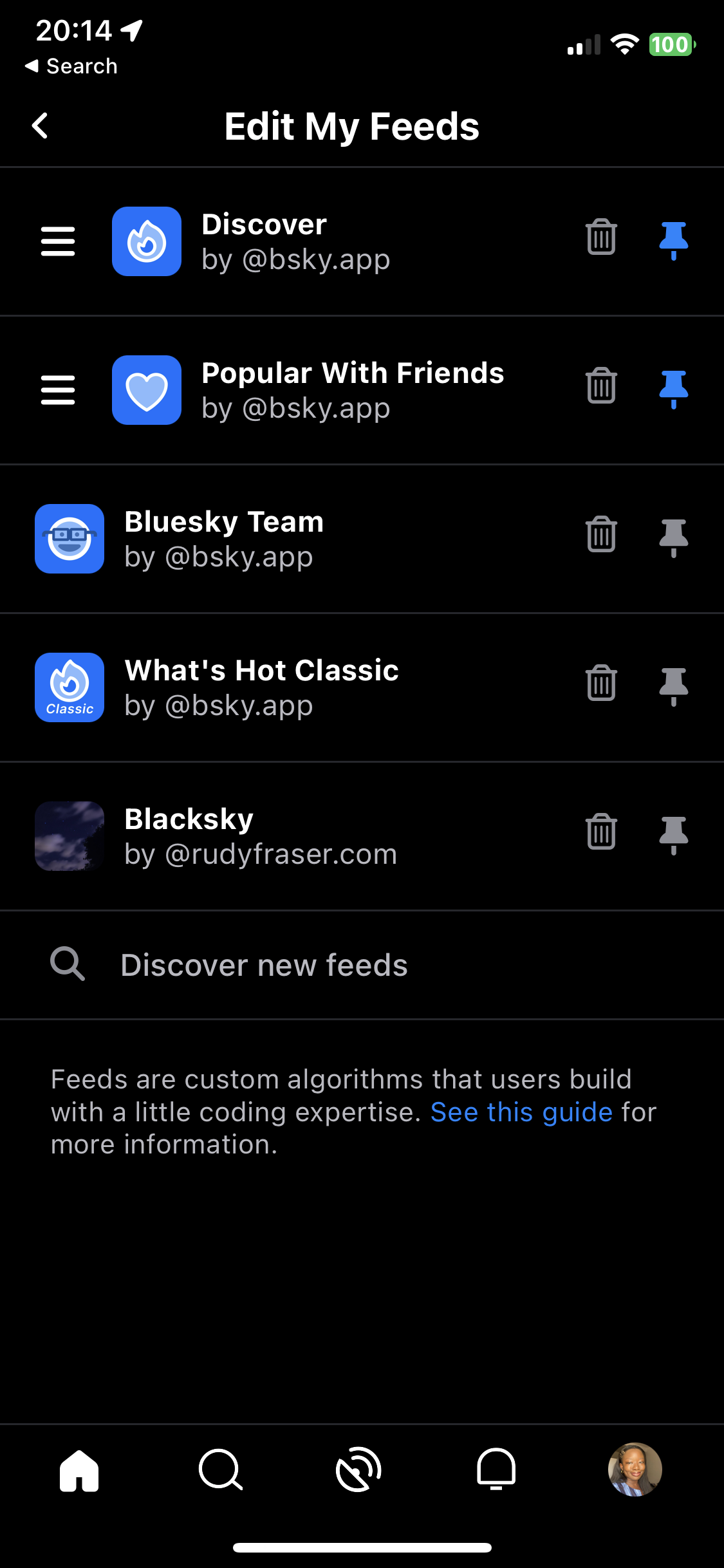
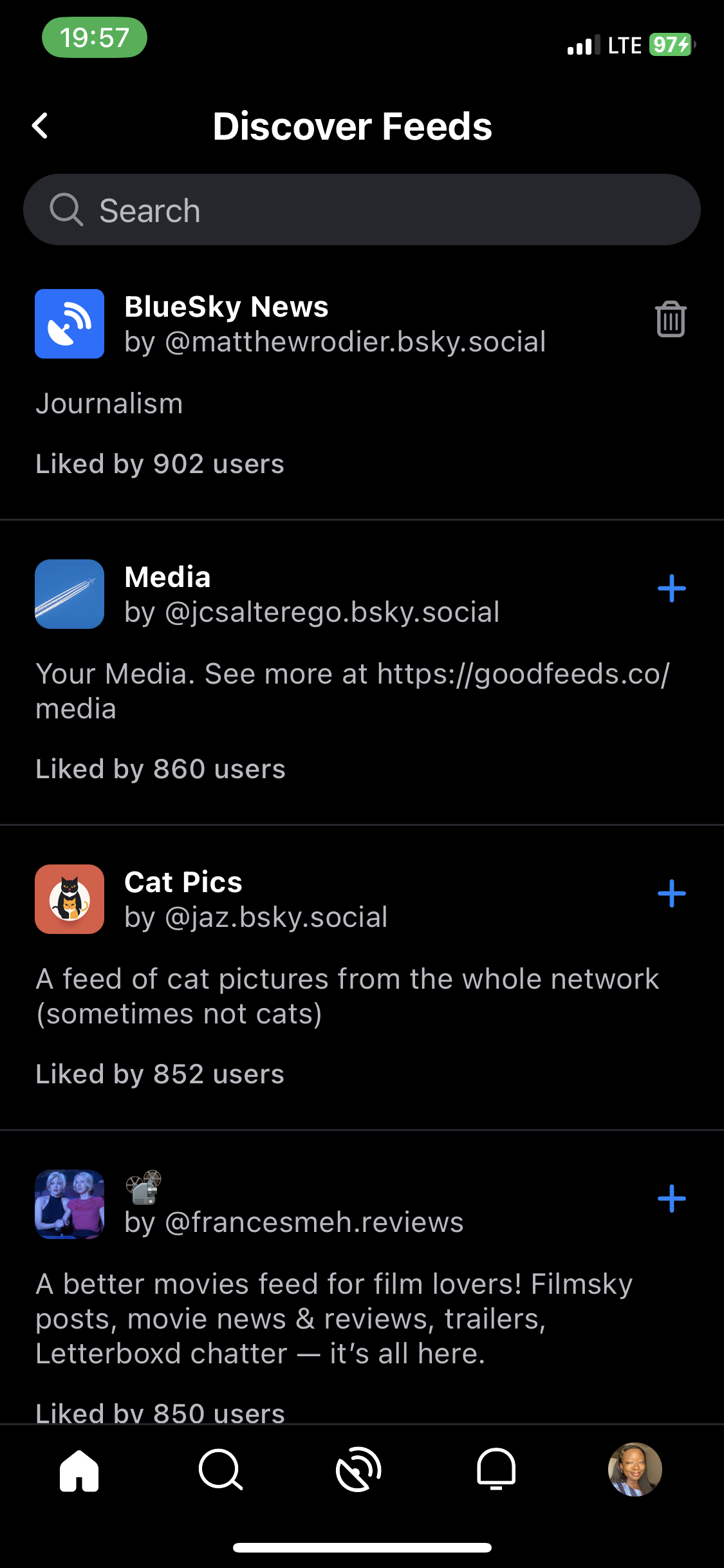
- Open-source and decentralized nature: Unlike many mainstream platforms, Bluesky operates on an open-source model, promoting transparency and community involvement.
- Independence from larger entities: Despite initial funding and ties to Twitter, Bluesky operates independently, ensuring larger corporations don't influence its decisions.
- Account portability: One of Bluesky's standout features is the AT Protocol, which allows you to move your accounts to another social media site without losing your data or followers. This promotes user freedom and reduces platform lock-in.
- Custom domains: Users can set a custom domain as their handle, providing a personalized touch and borrowing authority from established domain names. Bluesky has integrated features that allow users to purchase and manage domains directly through the platform, enhancing the user experience.

- Playful and free environment: The platform offers a refreshing environment where users can share diverse content, from scenic blue skies to personal anecdotes, without feeling like they must be particularly promotional.
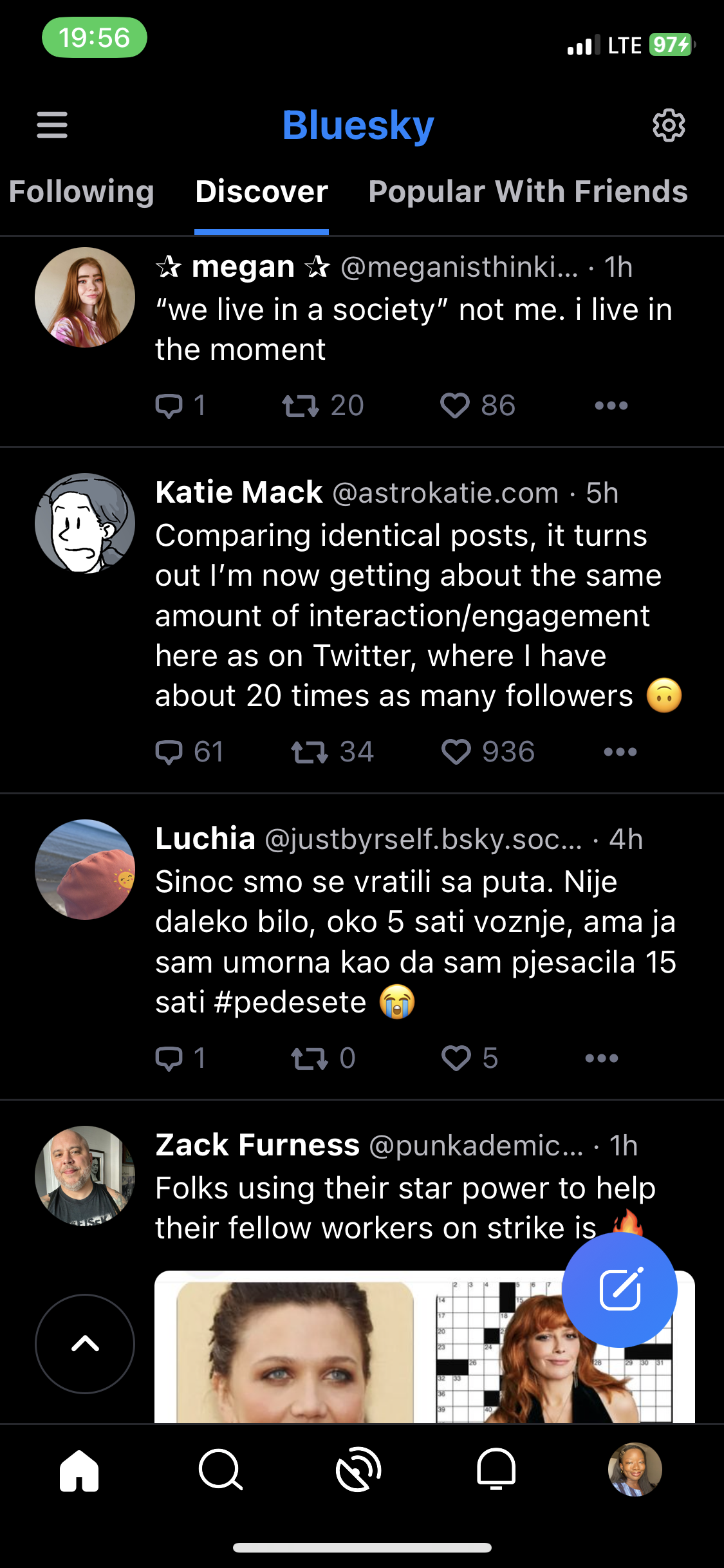
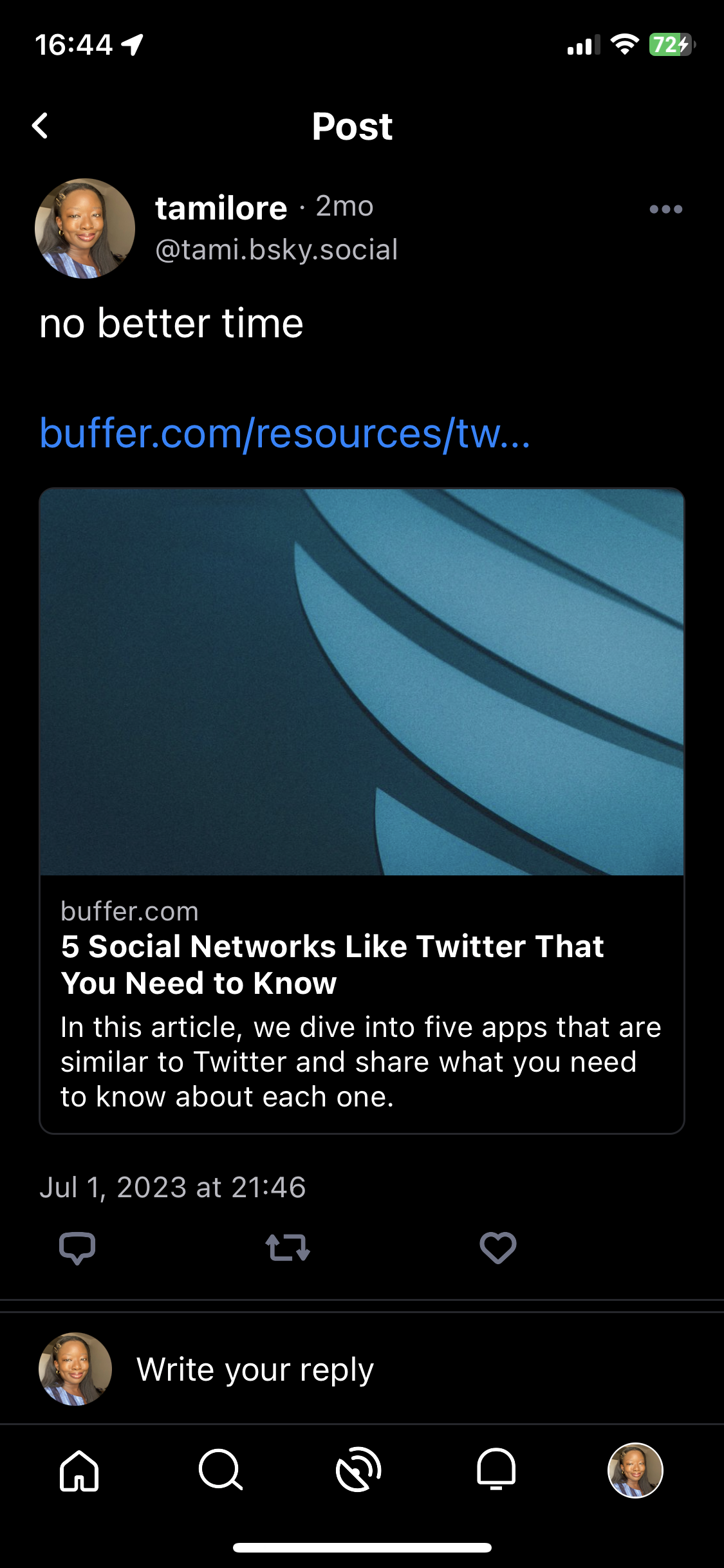
- Content moderation flexibility: Developers running their servers can set their content moderation policies, allowing for a more adaptable approach to content regulation. Bluesky also incorporates community labeling as part of its moderation strategy, promoting community involvement in content regulation.

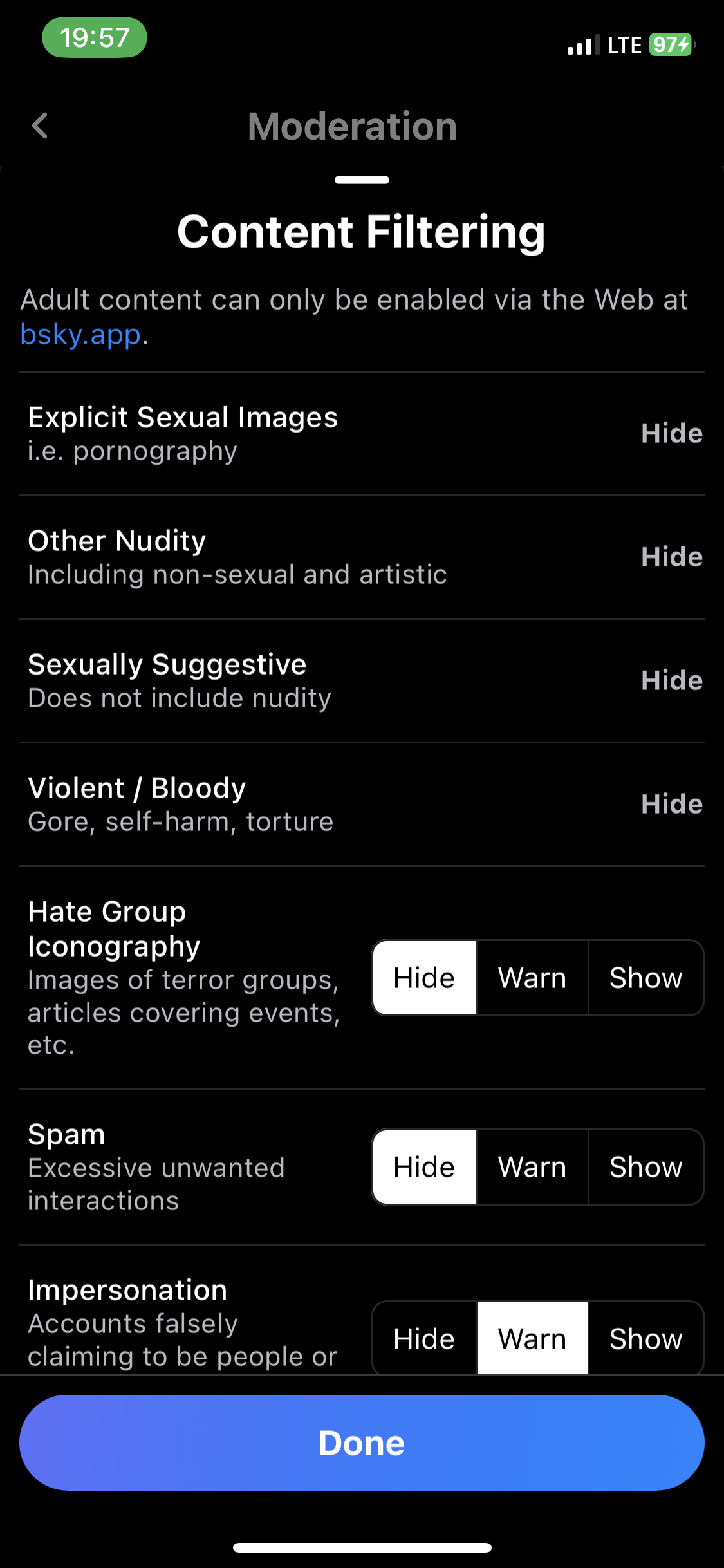
The bad
Bluesky's vision of a decentralized social media platform is undoubtedly ambitious but not without concerns.
- Monetization uncertainty: The exact plans for how Bluesky intends to make money remain unclear. This ambiguity raises questions about its long-term sustainability and how that might affect user experience in the future. There's also a looming concern that Bluesky might drift towards centralization as it grows and evolves, especially if profit overshadows its initial mission. This could undermine the very principles it was built upon.
- Limited decentralization in practice: While Bluesky promotes itself as a decentralized platform, currently, Bluesky Social is the only site using the AT Protocol. This limits the true potential and benefits of decentralization. Some users also question its true intentions and criticize its for-profit nature. They feel that Bluesky might not be genuinely committed to decentralization.
- Content moderation challenges: The flexibility in content moderation, while a strength, can also be a double-edged sword. Different servers with varying moderation policies can lead to inconsistent user experiences and potential safe havens for harmful content.
- Dependence on Twitter's infrastructure: Despite its independence, Bluesky still relies heavily on Twitter's infrastructure, especially for its "birdwatch" feature. This dependence could pose challenges in the future, especially if there are disagreements or conflicts between the two platforms.
- Potential for echo chambers: The ability for users to customize their content feeds and moderation policies can lead to the creation of echo chambers, where users only interact with like-minded individuals, limiting exposure to diverse viewpoints.
- Growing pains: Bluesky is still ironing out technical and operational issues as a relatively new platform. Users might experience bugs, downtimes, or other challenges as the platform scales.
The ugly
Since its launch, Bluesky has faced controversies that have sparked outrage among community members and reduced trust in the platform's team and their intentions.
- Challenges with community-driven moderation: Relying heavily on automated and community-driven content moderation can lead to biases, inconsistencies, and potential misuse. Without a centralized moderation system handled by humans, harmful content might not be addressed uniformly across the platform. This concern was especially shown in Bluseky’s failure to protect Black users and other marginalized groups from racism on the platform. The platform did not prevent users from using racial slurs in their account handles, leading to significant backlash.
- Inconsistent communication: Bluesky's inconsistent communication raises questions about the company's commitment and approach to addressing these issues. Users also pointed out that the team refused to publicly acknowledge their errors in handling the situation, leading to distrust.
- Potential for misinformation spread: The decentralized nature of Bluesky, combined with user-driven content moderation, can create an environment where misinformation or harmful narratives spread unchecked.
- Lack of clarity on data privacy: While Bluesky promises user control and data ownership, the specifics of how user data is handled, stored, and potentially shared remain ambiguous. This lack of transparency can be unsettling for privacy-conscious users.
- Potential for platform fragmentation: The ability for anyone to set up their server with its moderation policies can lead to a fragmented user experience. Depending on their server, users might find themselves in vastly different "versions" of Bluesky.
Despite the controversies, the majority of Bluesky’s audience remains highly engaged and is a tight-knit community invested in contributing to the platform.
Should you join Bluesky?
Bluesky is definitely worth exploring, especially if you’re after a platform that feels like Twitter.
Many Twitter users have moved over there and see it as the next best thing, especially over platforms that feel more complex, like Mastodon or don’t feel fully like a Twitter alternative, like Threads. It has also formed an identity quicker than most other Twitter alternatives since it started gaining traction.
Try Buffer for free
180,000+ creators, small businesses, and marketers use Buffer to grow their audiences every month.
Related Articles

Here’s what you need to know about how verification works on Bluesky — and how to get your blue check.

With Bluesky's livestreaming feature, users will be able to discover when someone is live — and jump directly to YouTube, Twitch, or another platform to watch.
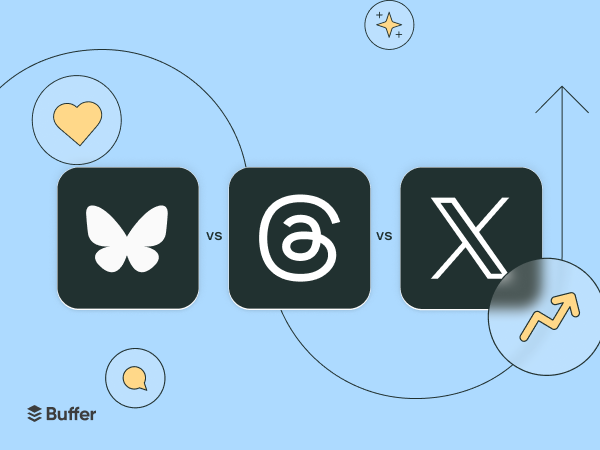
Dive into the engagement patterns we uncovered across X, Threads, and Bluesky and why a one-size-fits-all approach won’t work in 2025.
